#45: This World is Sick, My Heart Feels It.
A short observation on this new winter, if we can even call it that anymore.
The difference between weather and climate is a measure of time. Weather is what conditions of the atmosphere are over a short period of time, and climate is how the atmosphere "behaves" over relatively long periods of time.
Only two weeks ago, I was resolutely avoiding the outdoors. A polar vortex wrapped much of our geography in a halting cold that permeated bone, wood and down.
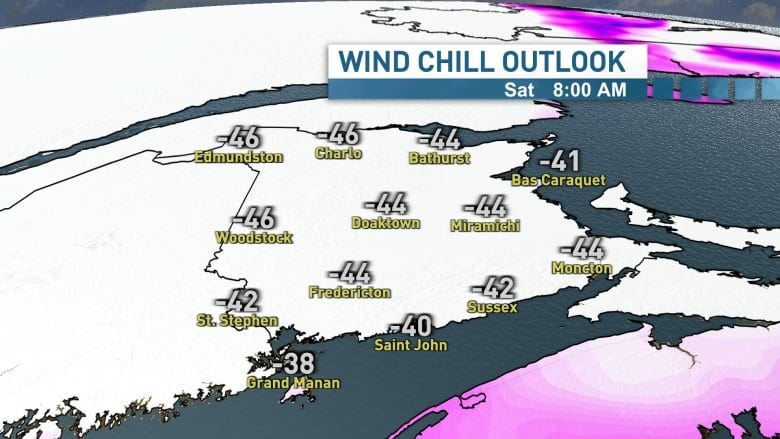
At these temperatures, it would take 5-10 minutes for exposed skin to have frostbite.
It’s days like these that have me wondering why some animals hibernate, and, more importantly, why I can not. (Apparently, it’s too recent in the evolutionary time frame. Humans only started living in colder climes during the last 5,000 years (whereas, it takes many more thousands of years to see the changes that we talk about with adaptive traits). During that time, we used our opposable thumbs and developing forebrains to learn how to build fires, make clothes and shelters that protect against the cold, and create long-term food stores - instead of adapting our bodies to reduce our need for energy, to release less protein, or to generate anti-freeze so our cells don’t form ice crystals at sub-zero temperatures.1)
In any case, we lean into it. We sleep in, we brew extra-nice coffee we bought the day before. As the wind screams through the thin tree branches, I sketch and listen to an audiobook, while Ben begins a movie/TV binge fest.
I look up from my sketches to see a few sparrows and chickadees blow clear off the deck railing in the frigid gusts. They’re resilient, though, and return for snacks: seeds, unshelled roasted peanuts. A downy, then a hairy, woodpecker join the crowd, but prefer to gorge on the suet cakes, pressed with bugs, nuts, and berries.
I turn to my own snack needs, tending to a beef and sweet potato red curry that simmers away, and a chocolate cake cooling on a rack. As dark shadows stretch from the kitchen to the living room, I light candles, and keep tinkering on genealogy research while listening to vinyl records.
All deliciously warm and cozy, as the weather howls in protest.
But today? Despite the prognostications of every meteorological rodent on the eastern seaboard - save the one that didn’t even come out of its’ burrow - spring feels much closer than four more dark weeks away. It’s certainly not the snow globe seasons of my childhood. No, it is in fact more reflective of this bruised climate we now live in.
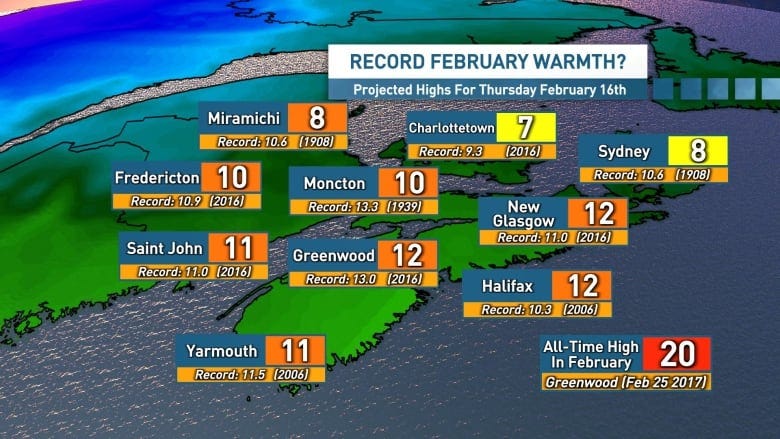
I’m driving with the car window down, wearing a jean jacket. The sun is blinding, reflecting off the streets, bright and acid-washed with melting ice. Outside my window, the chickadees and juncos are singing joyously, standing firm on their perches amid the gentle breeze.
It feels a bit wrong, to listen to their premature songs and bathe in the warm light, to take joy in something that shouldn’t be. But still, I silently indulge, too, closing my eyes to take in the illicit, if not delicious, warmth.
Brian M. Barnes, from the University of Alaska Fairbanks Institute of Arctic Biology, notes that research into hibernation may help scientists to one day identify a drug “cocktail” that could be used by first responders to simulate hibernating “cryo-states” to protect injured people. How cool is that?

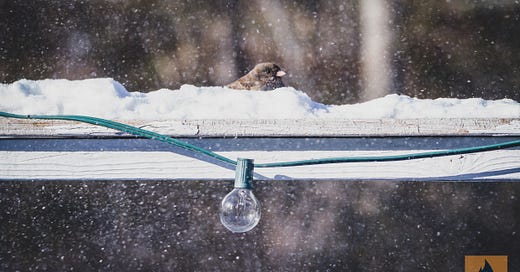


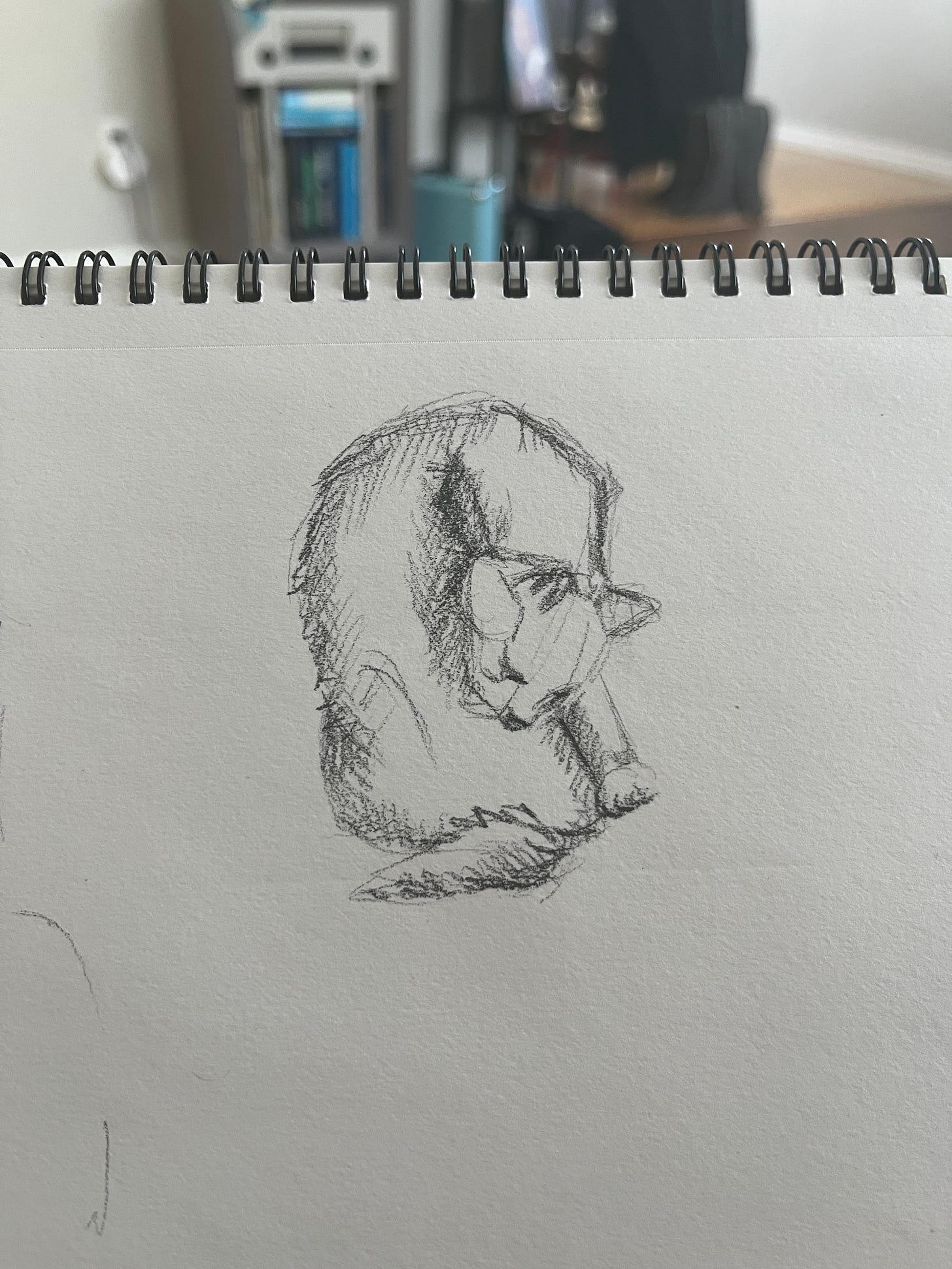
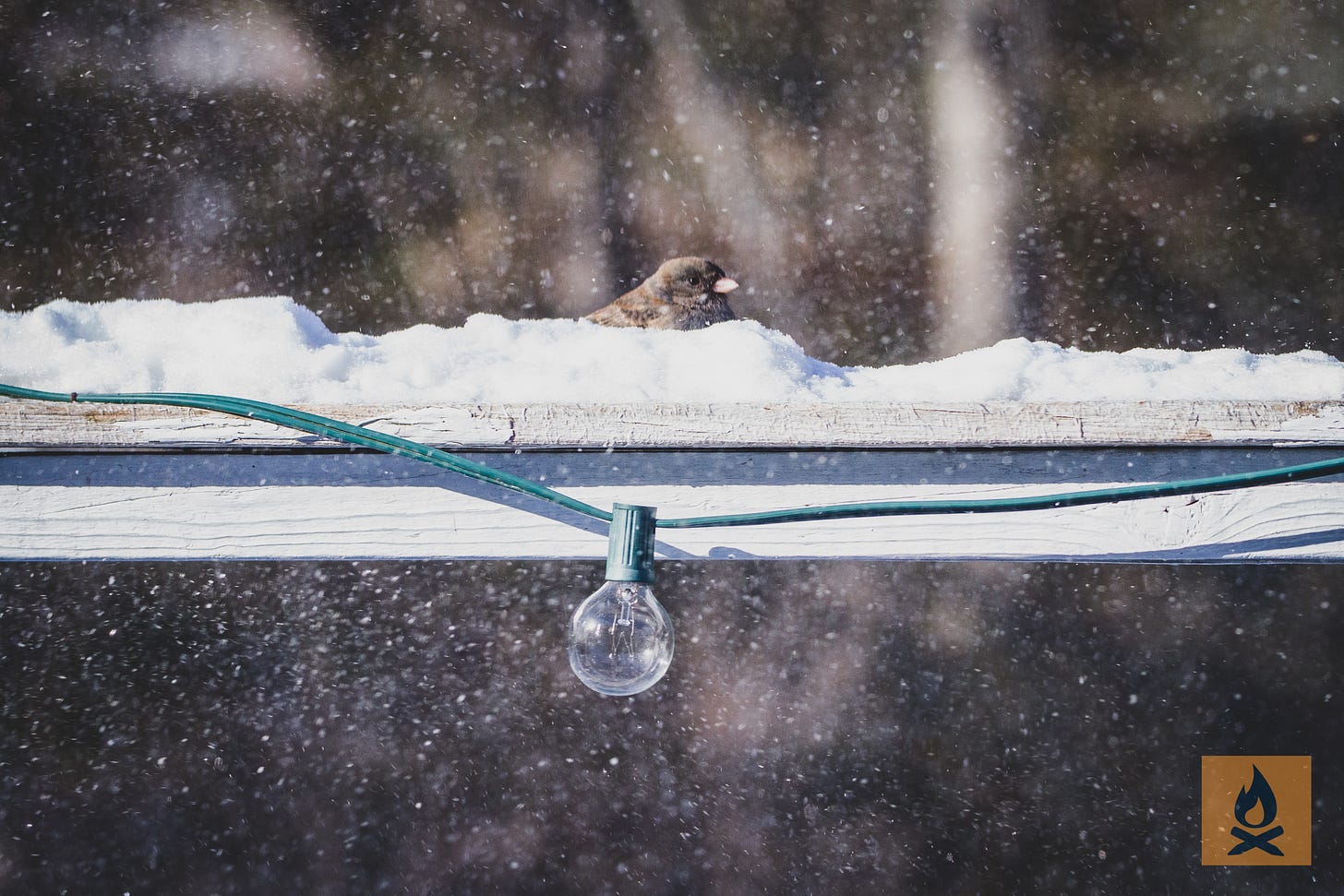
My dad was telling me on the phone that he’s in need of winter to be winter. I agree, though I’m also glad that the snow-ice layer that was impossible to remove from my porch has now melted.
Great post, great cat sketch! 😊